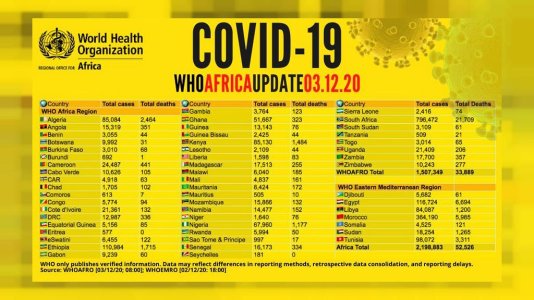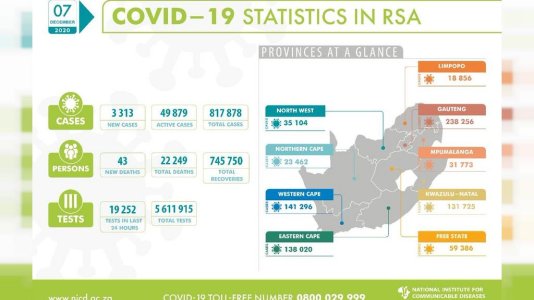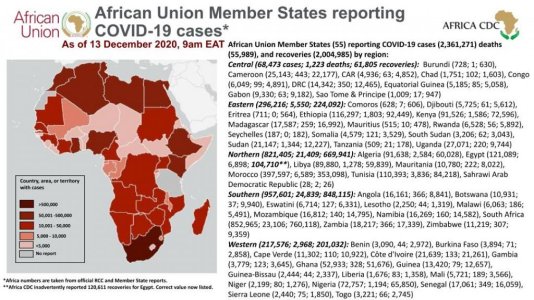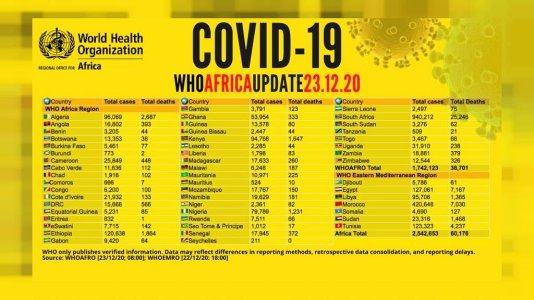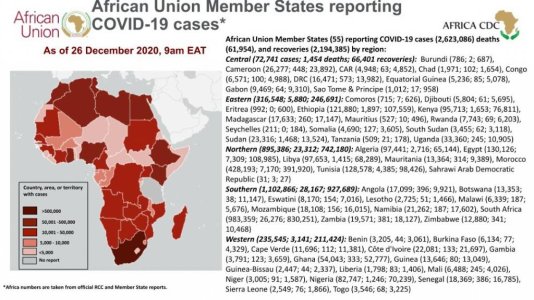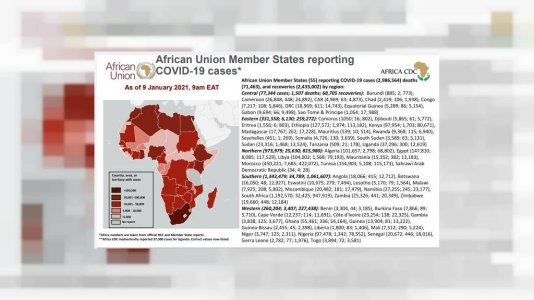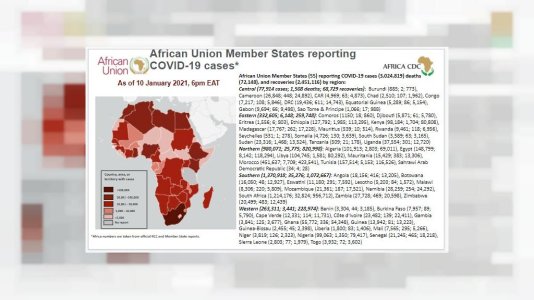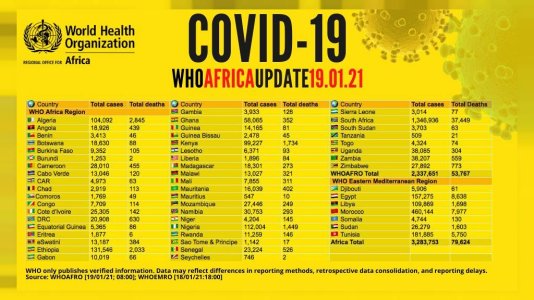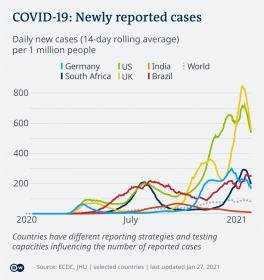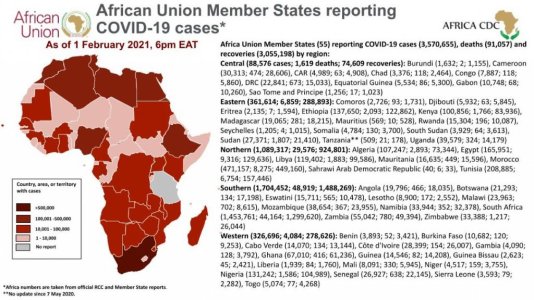sweep_shot
World Star
- Joined
- Mar 30, 2016
- Runs
- 54,277
South Africa records 3,370 new COVID-19 cases
Health minister says areas experiencing resurgence of virus
JOHANNESBURG - South Africa recorded 3,370 new coronavirus cases Friday, bringing the number of infections to 781,941, according to Health Minister Zweli Mkhize.
He said 89 people died from the virus, pushing the number of fatalities to 21,378 but 722,876 patients have recovered.
Earlier Friday, Mkhize told a news briefing in the Eastern Cape Province, which has the highest numbers of infections, that parts of the country are witnessing a resurgence of the virus.
Mkhize said medical staff in several provinces are feeling the pressure associated with the resurgence.
"The fatigue, the psycho-social strain on our staff is huge," he said, and more health workers are being infected with the virus and are going into self-isolation, while others are taking a leave from work.
He said it has left those on duty traumatized after seeing colleagues become infected or having died.
"We need to intensify communication, to make people understand that if they do not adhere to the measures [wearing masks and sanitizing], the numbers will rise," said Mkhize.
During a surge in July and August, South Africa recorded 10,000 - 12,000 infections daily, but cases declined to 800 - 1,500 in September and October. Cases now are again increasing daily to between 2,800 and 3,300.
During the surge in August, Gauteng province, which includes the capital of Pretoria and the commercial hub of Johannesburg, had the highest number of cases followed by the coastal province of KwaZulu-Natal, Eastern Cape and West Cape provinces.
Mkhize said the health department still has an opportunity to act on new outbreaks in the Eastern and Western Cape provinces so that it can stem the spread to the remaining seven provinces.
South Africa has the highest number of COVID-19 cases on the continent and is the sixteenth most affected globally.
Source: https://www.aa.com.tr/en/africa/south-africa-records-3-370-new-covid-19-cases/2058575.







